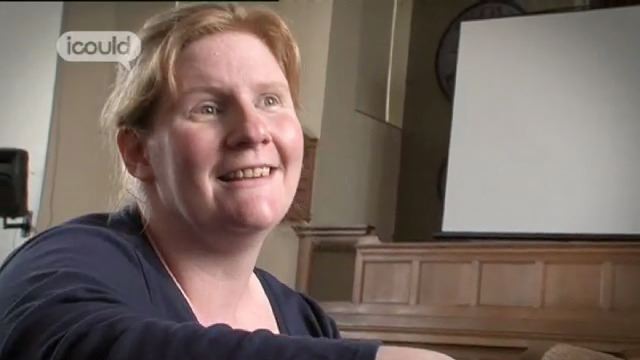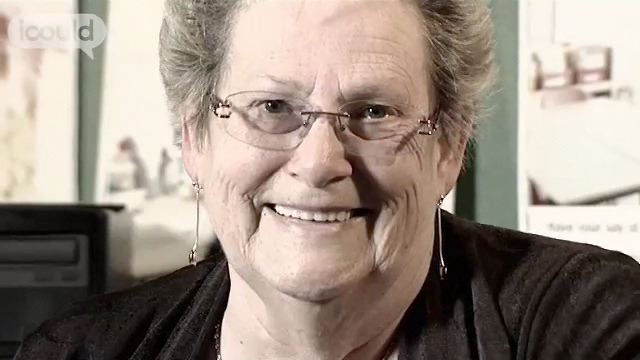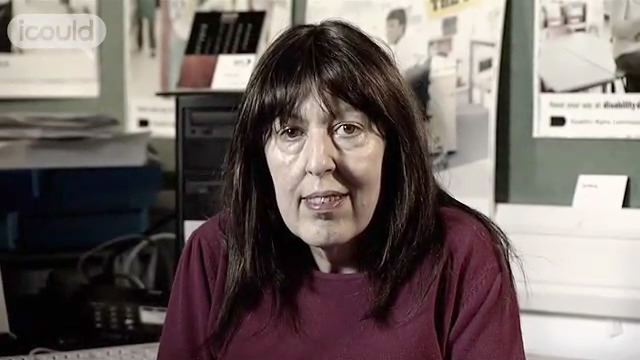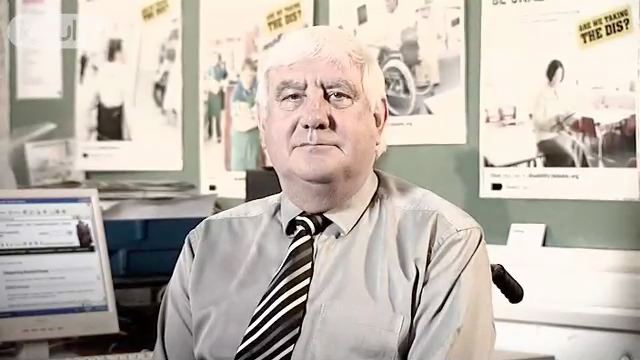Fundraising & Volunteer Manager
East Belfast Mission
Louise M
00:01 My name is Louise M. My job is fundraising and volunteer manager and I work at East Belfast Mission.
00:09 It’s quite a diverse role and it really has two parts. One which is working for the organisation looking for funding um and the other part of the job is recruiting supporting, working alongside, accessing training for volunteers who work in all sorts of different sorts of areas within the mission and we currently have about a hundred and thirty volunteers and each month you get new people wanting to come along and perhaps people who want to move on to employment or other opportunities and supporting them as they do that.
00:42 My background is in youth and community work and I spent time working for different voluntary organisations. Eventually two posts ago I ended up being the director of the YMCA in Carrickfergus and I managed a staff of ten and a number of youth work programmes there and from that I went on to managing other programmes and so really from managing youth work staff and managing youth programmes I’ve gone on to now senior management within this organisation.
01:14 I grew up initially in England, I was born in England and my dad is a, what, what probably would be classed as an academic, he’s spent all his years in universities. He did a post doctorate then a PhD, stayed on as a lecturer and was a professor in science-related subjects and he and my mum are divorced and my mum was a special needs teacher and whenever we were in our early teens we got moved from living with my mum in England to my dad in Ireland, because of a family illness that my mum had or a, a mental health illness my mum had. So it was a big change and, and again probably the fact that many people helped me during that transition in my life probably kind of again looking back, was something that probably has meant that I wanted to go on and help others as well.
02:09 A lot of us take wrong turnings in life and I suppose even in school the, the, the subject choices that I took and I made probably were not those that were going to help me down the line, in, in terms of my formal, you know, university career or my, my job now. Sometimes that happens in life that we find ourselves in a job or a situation where, you know, we feel uncomfortable or feel things are not quite right and I think, you know, it’s important to know that in the future we, we can look at alternatives and find something that is more suited to us.
02:46 The university degree that I did covered a very wide range of topics like inter-personal skills, how to communicate with people, group work skills, which were probably very unrelated to the advanced maths, applied maths, physics, biology, geography and things that I did at school and it was quite a wide range and really could have led me to any place at all, but I certainly don’t think when I chose those subjects that I was envisaging at that point that it would be youth work that I would be doing.
03:17 The most important turning point in my life probably was the family circumstances we found ourselves in, myself and my sister, moving from one country to another even to a different education system, a different, a different social, society and that had a huge influence and still does have a huge influence on me. It led me down in, into my career path of thinking about, you know, who’d helped me and perhaps going into the line of a career where you are led maybe to work with other people and if we had stayed in England, my life would be very different.
04:01 END
Louise M is fundraising and volunteer manager at East Belfast Mission. When her parents divorced her life was split between England and Northern Ireland, but the help she received during this time led her to want to help others in her own career. She says, “lots of us take wrong turnings in life… we find ourselves in a job or a situation where we feel uncomfortable or feel things are not quite right and I think it’s important to know that in the future we can look at alternatives and find something that is more suited to us”.



